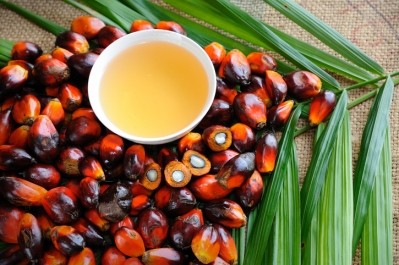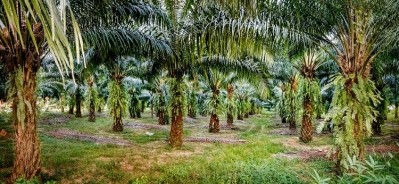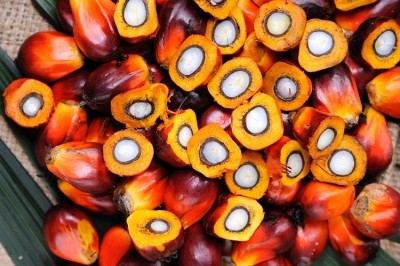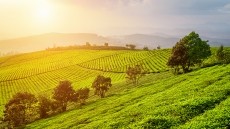VIDEO: Farming sustainable palm oil in Krabi, Thailand
For grower members of sustainable palm oil organisation, the Roundtable on Sustainable Palm Oil (RSPO), certain agricultural techniques can help improve their sustainability practices, while increasing yield.
In Krabi, Thailand, RSPO Community Outreach & Engagement Manager, Imam A. El Marzug, explained to FoodNavigator how legume cover crops can help to prevent erosion and minimise soil run-off.
“When a palm oil plantation is established…we use a legume cover crop to maintain the moisture of the land,” said El Marzug. “This will help the land to be prepared to support the tree at a later stage. The legume cover crop will remain there until the palm tree is ready for harvesting.”
Other sustainable farming practices promoted by the palm oil organisation include natural fertilisation. Once the palm fruit is harvested, farmers can leave the palm oil fronds on the plantation floor, where they decompose naturally, the Outreach & Engagement Manager explained.
Pest management is also key to ensuring high yield. In southern Thailand, rats pose one of the biggest threats to a successful and bountiful harvest. The RSPO suggests managing rat numbers with a natural predator: the owl.
In Krabi, FoodNavigator also spoke with 72-year-old smallholder farmer Wipat Siengtan, who has been growing oil palms for close to 28 years.
Siengtan told this publication how the RSPO has helped benefit his practice both on a professional and personal level. Watch the video for the full interview.




























